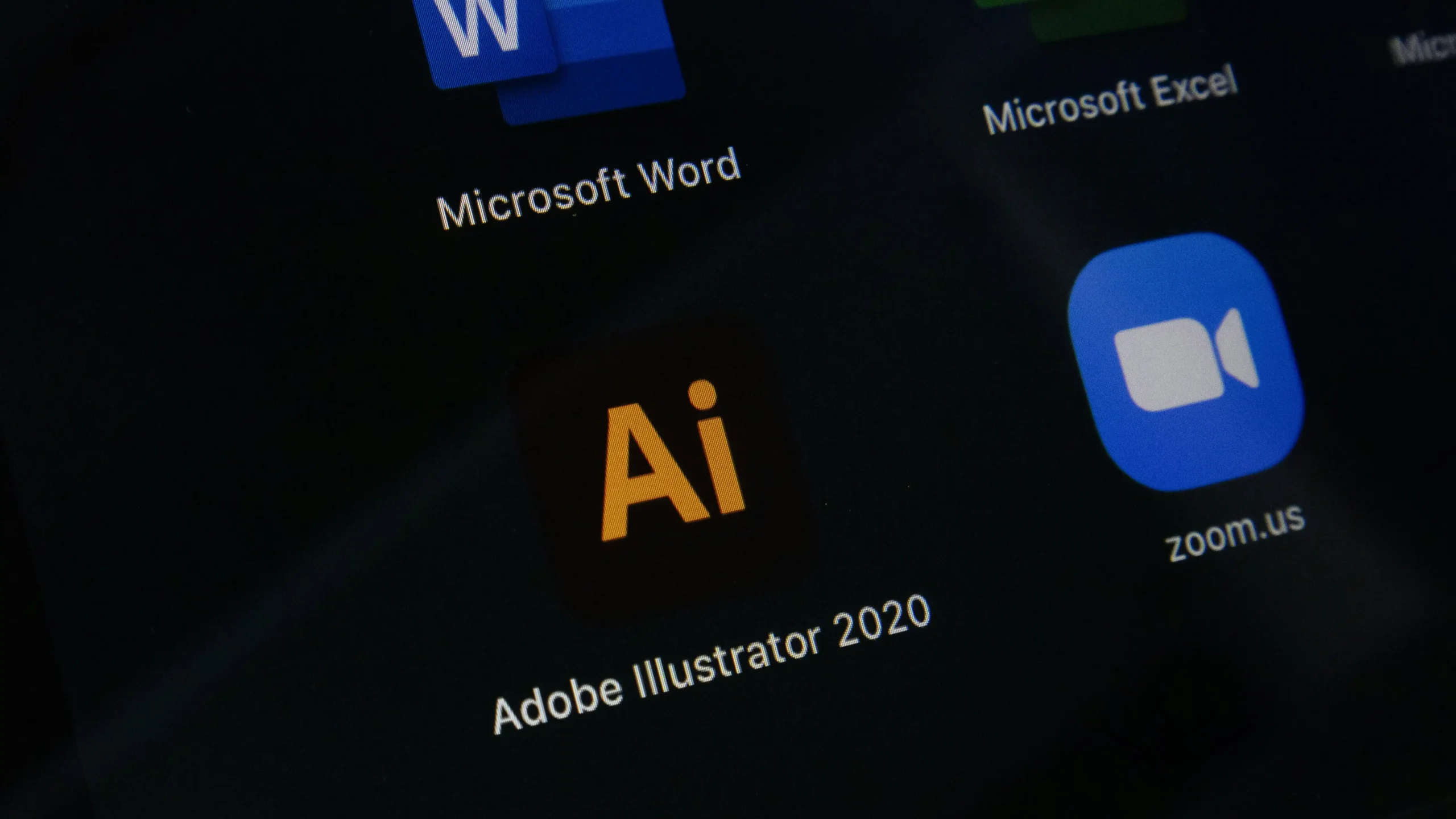Blockchain 2025: The Silent Revolution Reshaping Global Industries
Imagine a world where transactions are instantaneous, supply chains are fraud-proof, and medical records are securely accessible across continents. This isn’t science fiction—it’s the reality blockchain technology is forging in 2025. With over 81% of Fortune 500 companies now integrating blockchain solutions (Gartner 2025), this decentralized ledger system is no longer a buzzword but a cornerstone of modern business. From finance to healthcare, industries are experiencing seismic shifts as blockchain redefines trust, transparency, and efficiency. In this guide, we’ll explore how blockchain technology is transforming industries, revealing actionable strategies, real-world success stories, and the tools you need to stay ahead. Ready to decode the future?
How Blockchain Technology is Transforming Industries: The Foundation of Trust
At its core, blockchain’s power lies in its ability to create immutable, transparent records. Unlike traditional databases, blockchain distributes data across networks, making tampering nearly impossible. In 2025, this trust mechanism is revolutionizing sectors like finance, where **JPMorgan’s Onyx network processes $1B+ daily transactions** using blockchain. Similarly, DeFi (Decentralized Finance) platforms now manage $350B in assets, bypassing traditional banks entirely. But blockchain’s impact extends far beyond money. Supply chains use it to track goods from farm to shelf—Walmart reduced food recall times by 90% through IBM’s Food Trust blockchain. By eliminating intermediaries, industries are slashing costs while boosting accountability.
How Blockchain Technology is Transforming Supply Chains in 2025
Global supply chains have long struggled with opacity and inefficiency. Enter blockchain. Companies like Maersk now use TradeLens, a blockchain platform co-developed with IBM, to digitize shipping workflows. Result? A **45% reduction in document processing times** and real-time cargo tracking. Luxury brands like LVMH leverage Aura blockchain to combat counterfeits, granting customers access to a product’s entire history. Even agriculture benefits: Starbucks’ “Bean to Cup” initiative uses blockchain to verify coffee beans’ ethical sourcing. These examples show how blockchain technology is transforming industries by merging traceability with consumer trust.

Healthcare’s Blockchain Breakthrough: Secure Data, Saved Lives
Healthcare’s $12T global industry is plagued by fragmented data and security breaches. Blockchain fixes both. Estonia’s e-Health system stores patient records on blockchain, enabling secure cross-border access for 1.3M citizens. In 2025, **Pfizer and Moderna use blockchain to track vaccine batches**, ensuring authenticity from factory to patient. Clinical trials also benefit: Novartis reduced data errors by 30% by recording trial results on a tamper-proof ledger. With blockchain, patients control who accesses their data—a game-changer for privacy-conscious care. This is how blockchain technology is transforming industries, one encrypted block at a time.
Real Estate and Energy: Blockchain’s Unlikely Power Players
Property sales and energy grids might seem unrelated, but both are blockchain hotspots. Propy’s platform enables cross-border real estate deals settled in minutes via smart contracts, bypassing weeks of paperwork. Dubai’s Land Department reports a **70% drop in fraud cases** since adopting blockchain for title registrations. Meanwhile, energy titans like Siemens Energy use blockchain for peer-to-peer electricity trading. Brooklyn’s Microgrid project lets residents sell solar power directly to neighbors, cutting utility costs by 20%. These innovations prove blockchain’s versatility—no industry is immune to its disruptive potential.
2025 Blockchain Trends: AI Integration and Regulatory Evolution
As blockchain matures, two trends dominate 2025: AI synergy and smarter regulations. Startups like Fetch.ai combine blockchain with AI to optimize logistics routes in real time, slashing delivery emissions by 15%. Regulatory frameworks are also catching up: the EU’s Markets in Crypto-Assets (MiCA) law standardizes digital asset rules across 27 nations, fostering safer innovation. Even carbon credits are getting a blockchain makeover—Verra’s updated registry uses smart contracts to prevent double-counting, boosting climate accountability. Staying updated on these shifts is key to leveraging how blockchain technology is transforming industries today.
Tools to Harness Blockchain’s Industry Revolution
Ready to dive in? Enterprise leaders rely on platforms like Ethereum for smart contracts and Hyperledger Fabric for private supply chain networks. For SMEs, VeChain offers affordable product-tracking solutions, while Chainalysis provides compliance tools to navigate evolving regulations. Educational resources abound, too: MIT’s Blockchain and Money course and IBM’s Blockchain Essentials certification are top picks. As Walmart’s VP of Tech advised, “Start small—audit one workflow, then scale.” The tools are here; the question is, will you seize them?
The Bottom Line: From healthcare to hamburgers, blockchain technology is transforming industries by rewriting the rules of trust and efficiency. As we approach 2026, early adopters are already reaping gains in cost savings, customer loyalty, and innovation speed. Whether you’re a startup founder or a Fortune 500 executive, the time to act is now. Audit your operations, invest in training, and pilot a blockchain solution tailored to your pain points. The future isn’t coming—it’s already here, block by block. Ready to build yours?